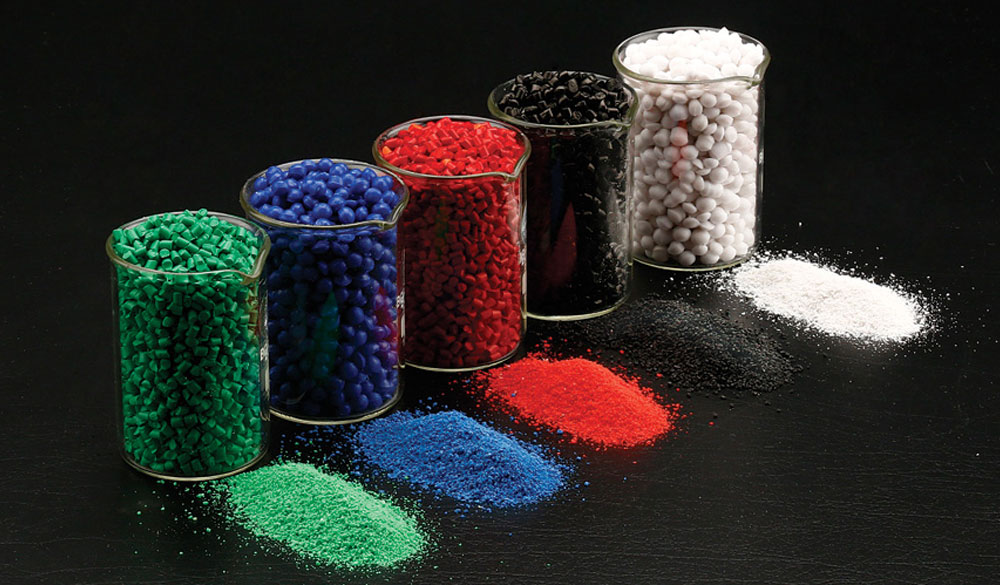For recycled plastic granules to be produced, used plastic materials first need to go through an intensive recycling process. Old plastic bottles, packaging, and other items are collected through municipal curbside programs or drop-off locations. The mixed plastics are then sorted by resin type to separate items like PET, HDPE, LDPE, and PP. Any non-plastic contaminants like paper, metal, or food waste are removed through advanced sorting technology.
The clean plastic flakes are then washed, shredded, and melted down in an extrusion process. High temperatures and pressure are applied to break the plastic back down into a liquid state. From there, the molten plastic is formed into uniform plastic pellets called Recycled Plastic Granules. These granules retain the same properties as the original resins and can be remanufactured into new plastic products through injection molding or other forming methods.
Variety of Applications
Recycled plastic granules have a diverse range of uses across many industries. Plastic lumber or decking materials are often made from recycled HDPE and PP granules. These synthetic wood alternatives are more durable and environmentally friendly than pressure treated wood. Flooring tiles, road surfaces, railroad ties and park benches can likewise incorporate recycled plastic content.
Industrial pipe systems, plastic furniture, and outdoor structures frequently utilize recycled plastics in their construction. Rotomolded tanks, bins, and recreational equipment benefit from the economic and sustainable advantages of post-consumer resins. Products like trash cans, buckets, and crates take advantage of the material’s durability for heavy-duty applications.
Textiles and fibers are another major market, with recycled PET finding new life as polyester filler, carpets, clothing, and insulation batts. Mixed low-density waste streams may be reprocessed into garbage bags, agricultural mulch film, and plastic lumber. Even food containers and caps can reintegrate recycled HDPE or PP back into packaging applications.
Demand for Eco-Friendly Products
Growing consumer awareness of plastic waste and sustainability is driving more companies to adopt recycled plastics usage. Brands want to demonstrate their commitment to the circular economy and appeal to eco-conscious shoppers. Recycled content plastic can lower overall material costs while meeting the same performance criteria as virgin resins. It also provides a steady domestic source for plastic raw materials versus reliance on oil imports.
Municipal programs benefit from the added outlets for collected recyclables. And plastic recyclers gain stable demand partners committed to closing the loop on products at the end of their useful lives. As recycling infrastructure and sorting technologies continue advances, recycled plastic granules are poised to become an even more prominent solution resource globally. Their versatility perfectly positions them to meet rising requirements for post-consumer content across numerous industries.
Quality Assurance Standards
To reassure customers and consumers, recycled plastic processors implement strict quality protocols for their products. Contamination limits are extremely low to avoid introducing foreign materials back into products or machinery. Resin identification coding is maintained throughout remanufacturing. Traceability systems track resin sources and characteristics.
Sampling and testing regimes monitor plastic properties like melt flow rates, density specifications, and contamination levels. Process certifications like ISCC PLUS ensure sustainable feedstock sourcing and transparent chain of custody reporting. Third party audits provide independent oversight of operations. Meeting voluntary standards administered by organizations like the Association of Postconsumer Plastic Recyclers gives further endorsement to recycled plastic granule quality.
With diligent quality efforts, recycled plastics consistently deliver performance equal to or better than predicted based on their post-consumer origin. Granules produced through advanced recycling systems offer brands and product designers a premium sustainable solution with no compromise on functionality or appearance. Their expanding accessible supply helps transition the world’s plastic economy to a truly circular model.
Note:
1. Source: Coherent Market Insights, Public sources, Desk research
2. We have leveraged AI tools to mine information and compile it



